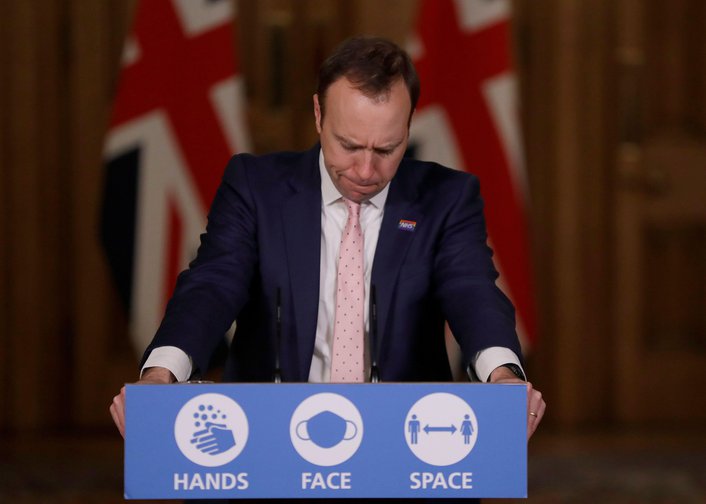Why is there a lawsuit to STOP the NHS deal with CIA?
The QUESTION IS Why is NHS data being sold to CIA?
The NHS is owned by the people for the people, SO Who, and HO, and IN WHAT SENSE of Corruption, was decided that HANCOCK has the standing to do this behind closed doors deal.
Does anybody know about this? I remember talks of selling NHS to USA, which was then U-turned in the uproar....with the promise that this would never happen....Then to find out they SOLD NHS data....which is probably what they wanted in the beginning without the NHS, and which, let us be clear is personal and belongs to the owner of each file of personal data. That personal data of this kind is deemed a commodity to be Sold to a CIA spy tech company, seems only to stink of shit to me.
Like Dr Mike Yeadon, I feel the anger is rising to boiling point...Michaela.
We’ve won our lawsuit over Matt Hancock’s £23m NHS data deal with Palantir
And here’s what needs to happen now



Should we allow artificial intelligence to manage migration?
How is artificial intelligence being used in governing migration? What are the risks and opportunities that the emerging technology raises for both the state and the individual crossing a country’s borders?
Ryerson University’s Canada Excellence Research Chair in Migration and Integration and openDemocracy have teamed up to host this free live discussion on 15 April at 5pm UK time/12pm EDT.
Hear from:
Ana Beduschi Associate professor of law, University of Exeter
Hilary Evans Cameron Assistant professor, faculty of law, Ryerson University
Patrick McEvenue Senior director, Strategic Policy Branch, Immigration, Refugees and Citizenship Canada
Chair: Lucia Nalbandian Researcher, CERC Migration, Ryerson University
No comments:
Post a Comment
Note: only a member of this blog may post a comment.